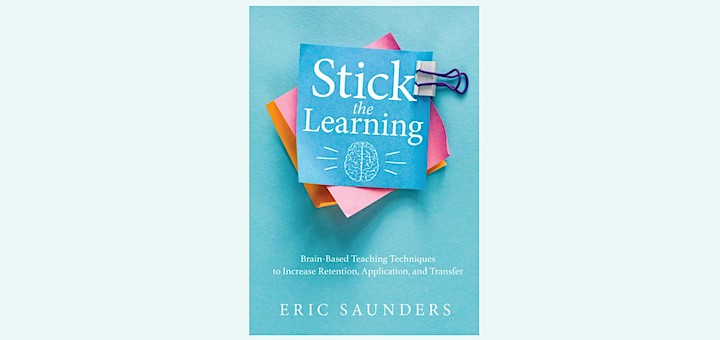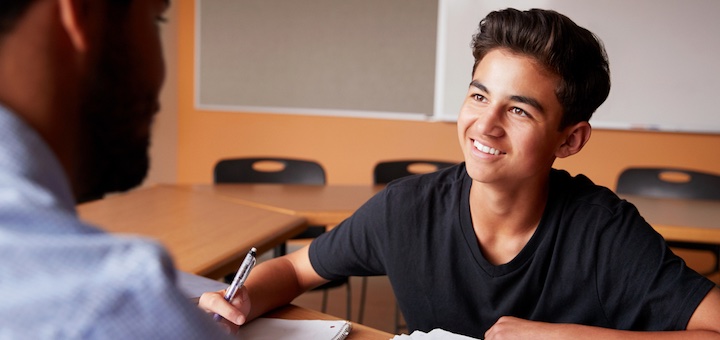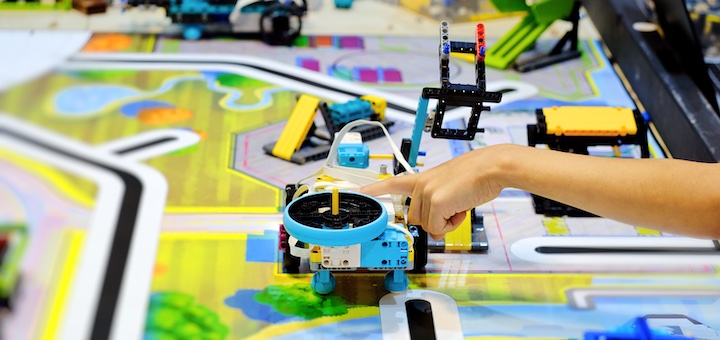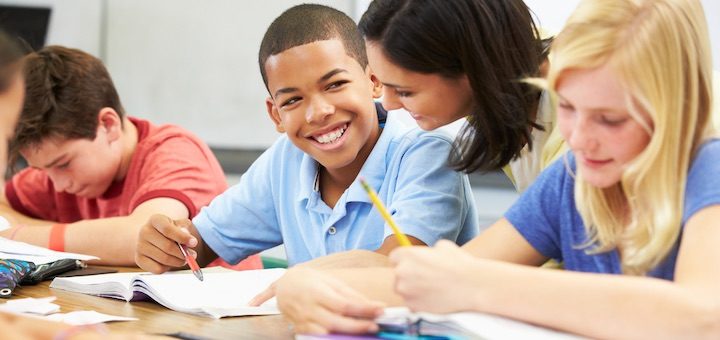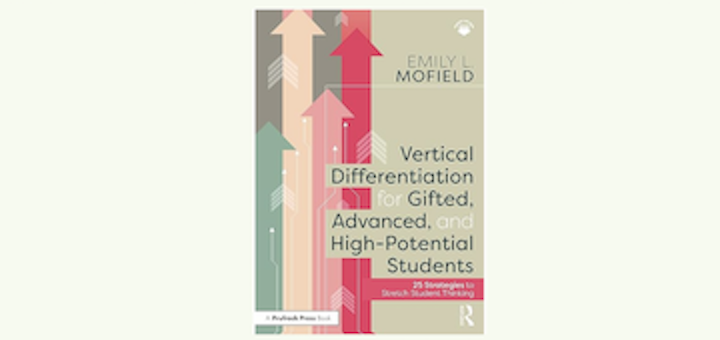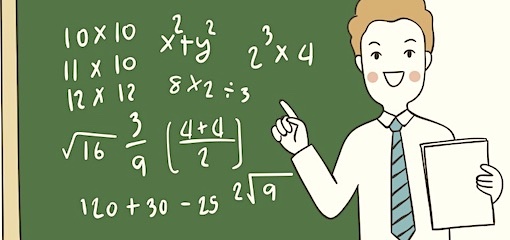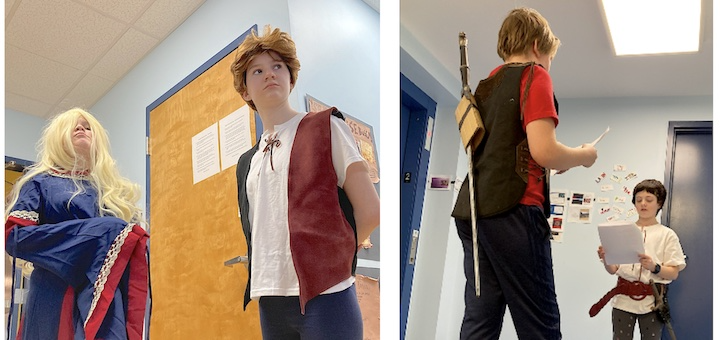Teaching and learning in grades 4-8
While integrating imaginative writing into ELA classrooms may seem fanciful in a school culture that prioritizes the expository and analytical, teacher/coach Ariel Sacks shows how regular story creation can become a powerful developmental force in the lives of adolescents.
Brain breaks are simple transitional physical and mental exercises to prevent learning fatigue, refocus the attention of the class, and keep students energized and receptive to learning. Curtis Chandler shares 24 break ideas to ease stress and help kids connect with each other.
Eric Saunders provides well-researched neuroscience tips on spaced repetition, interleaving, and retrieval that can quickly advance student learning, says NBCT Megan Balduf. Use “Stick the Learning” to craft brain-savvy curricular experiences and scaffold their implementation.
In middle school some gifted students find themselves lost in an urban maze without sufficient navigational support. GT facilitator Sharon Ratliff shares some teaching techniques and conversational strategies that can help them stay on the road that leads to academic success.
Embracing failure is a mindset we can weave throughout the curriculum, teaching students that failing isn’t the end but a crucial step toward success. STEAM author-educator Kara Ball shares three activities to help students in persevering through and even celebrating failure.
When teachers effectively implement feedback to make success visible to students, achievement increases and stronger relationships result. Educator and author Miriam Plotinsky suggests having a clear, written set of expectations for assignments and avoiding the “feedback hole.“
Emily Mofield offers a practical, realistic and highly readable set of 25 different approaches to teaching in her Vertical Differentiation for Gifted, Advanced and High-Potential Students, a book that almost any classroom teacher would find highly useful, writes Leslie Wise.
To make sure social studies content reading is accessible to all of her students, no matter their level of reading when they arrive, Megan Kelly has added strategies to her literacy toolbox to create entry points for everyone. See the six activities she’s developed so far.
To reduce confusion, math professor Dan Ilaria recommends: Stop saying “cancel” and use “name the operation.” Stop saying “plug in” and use “substitute.” Stop saying “reduce” and use “rewrite.” Stop saying “cross-multiply” and allow students to make sense of what they are solving.
Jeny Randall introduces her 6th graders to Shakespeare, first tossing quotes around a circle, then character mapping, and finally prepping and presenting scenes. Keying into themes of Identity and Origin, she rotates among 3 comedies’ mistaken identities. The kids love it!



